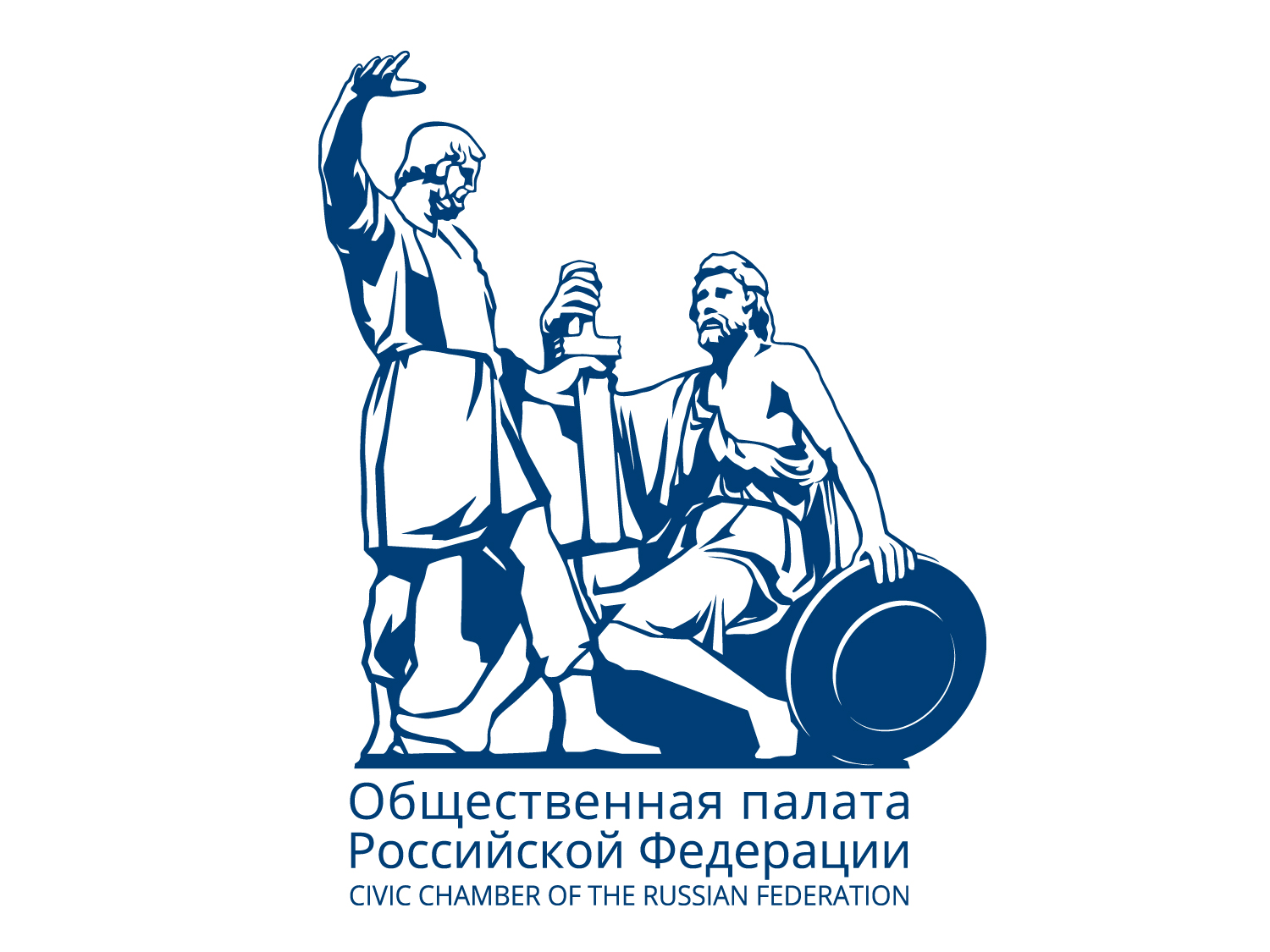
Jean de Gliniasty
Jean de Gliniasty was Ambassador of France to Russia from 2009−2013. He is currently Director of Research for Russia and CIS at the Institute for International and Strategic Relations, IRIS, in Paris. Jean de Gliniasty is a professional diplomat with an extensive and successful career. He began his diplomatic service in 1975 in the Department of North Africa and Middle East of the French Ministry of Foreign Affairs, in 1981 he became Deputy Head of the Center for Analysis and Forecasting. He held posts as Adviser to the Permanent Mission of France to the European Communities, Director of the Department for Development and Scientific, Technical and Educational Cooperation, Director of the Department for Africa and the Indian Ocean, and held positions in the Department of Political Affairs and Security and other departments. He served as Consul General in Jerusalem (1991−1995), Ambassador to Senegal (1999−2003) and Ambassador to Brazil (2003−2006). Jean de Gliniasty is Officer of the Legion of Honour (2008). He holds university degrees in philology and law, diplomas from the Institute of Political Sciences of Paris and the National School of Administration.
French perception of the role of Soviet Russia in the 1945 victory
A survey by the French Institute of Public Opinion, IFOP, supported by other serious institutes shows that in 1945, 57% of French people thought that Soviet Russia was the country that had contributed most to the defeat of Nazism. This figure had fallen to 23% by 2015. Conversely, in 1945, 20% of French people considered the United States to be the main contributor to the defeat of Nazism. This percentage rose to 54% in 2015. That is a little less than in 2004, when 58% of French considered the United States to be the main contributor to the defeat of Nazism.
The erroneous perception of an obvious historical fact is astonishing. With 27 million Soviet people dead, among them 11 million military losses compared to less than 200 thousand on the American side, with the weight of the war in Europe borne by the USSR alone for almost three years, with crucial victories at Stalingrad, Moscow, Kursk, with the presence of 165 German divisions against Russia compared to 86 on the Western Front after the Normandy landings…
The erroneous perception of an obvious historical fact is astonishing. With 27 million Soviet people dead, among them 11 million military losses compared to less than 200 thousand on the American side, with the weight of the war in Europe borne by the USSR alone for almost three years, with crucial victories at Stalingrad, Moscow, Kursk, with the presence of 165 German divisions against Russia compared to 86 on the Western Front after the Normandy landings…
For the Russians, the anniversary of a heavily paid Victory over Nazism is the symbol of national unity, the might of the country and its durability throughout history
May 9 is the true national holiday, a great moment of meditation and unanimity. The lack of knowledge, even denial, of the role of Soviet Russia in the victory is shocking. There are, however, many explanations for this.
The main one, although rarely stressed, is the considerable weakening of history teaching in France, probably more so than in other countries. The field of study has been reduced to a few hours a month. For many years, school textbooks were forbidden to tell the eventful or chronological history, most often refraining from mentioning the great battles and historical figures in favour of a history of the great movements, social events and major problems (e.g. decolonization, the economic crisis, slavery, the life of serfs, etc.). For a long time, textbooks have been forbidden to construct a "national narrative", and therefore a synthetic vision of History from the French point of view.
The main one, although rarely stressed, is the considerable weakening of history teaching in France, probably more so than in other countries. The field of study has been reduced to a few hours a month. For many years, school textbooks were forbidden to tell the eventful or chronological history, most often refraining from mentioning the great battles and historical figures in favour of a history of the great movements, social events and major problems (e.g. decolonization, the economic crisis, slavery, the life of serfs, etc.). For a long time, textbooks have been forbidden to construct a "national narrative", and therefore a synthetic vision of History from the French point of view.
The brilliant French School of Annals, which supposedly knew the basics of "traditional" history, has given birth through textbooks more sociological than historical, to generations of students without landmarks and literally illiterate in history
This evolution has given rise to a greater sensitivity to the "non-academic" sources of historical culture: cinema, magazines, video games, series, comic strips, etc. The phenomenon of impregnation by the "soft power" of the media has been particularly noticeable in France. However, it occurred at a time when Russian cultural influence had weakened considerably. After the war, and until the 1980s, the French Communist Party was the bearer of a counter-culture widely shared by more than a third of the French people — the Communists themselves, about 25% of the electorate after the war, and the Gaullists who refused American domination within the Atlantic bloc. Cinema, instrumental music, songs, Red Army choirs, theater, ballet, literature, were part of this culture whose common reference was the victory over Nazism and the horizons opened to humanity by the construction of socialism. The "Stalingrad" station of the Parisian metro, which has kept its name to this day despite the change of name of the city, bears witness to this era.
This period has come to an end.
First the popularity of the USSR faded among "left-wing intellectuals" with the reestablishment of order in Czechoslovakia in 1968. Then the numerous publications on the Gulag, the publicity given to the Soviet dissidents that relied on the Helsinki agreements and their third basket on human rights and freedoms.
This period has come to an end.
First the popularity of the USSR faded among "left-wing intellectuals" with the reestablishment of order in Czechoslovakia in 1968. Then the numerous publications on the Gulag, the publicity given to the Soviet dissidents that relied on the Helsinki agreements and their third basket on human rights and freedoms.
In fact, as the Cold War lost its intensity, the ideological debate was no longer centered on the establishment of socialism with the support of a great country that had won the Second World War and carried a message of global emancipation. Instead it focused on the need for respect for human rights by a regime that had "eaten" its own children
In French opinion, the exploits of the Soviet people during the war have taken second place to the suffering endured during the Stalinist period and the support for communist regimes in Eastern Europe.
The collapse of the USSR did not mark a renewal of Russian cultural influence, on the contrary. In a now unipolar world, public opinion perceived history through the eyes of the United States.
The collapse of the USSR did not mark a renewal of Russian cultural influence, on the contrary. In a now unipolar world, public opinion perceived history through the eyes of the United States.
Those who presented themselves as the 'victors of the Cold War' became by extension the victors of the Second World War
The near disappearance of the French Communist Party, Russia’s financial bankruptcy, the concentration of the media on the decay of Russian society, the fall of Russian language teaching — all that illustrated a temporary erasure of Russia’s cultural influence and a growing ignorance of its role in the 1945 victory. Gone are the days when Russian war films moved the French public with "The Cranes are Flying", "The Ballad of a Soldier" or "Normandie-Niemen". From now on, American block busters about the war shaped the French perception: "The Longest Day" about the Normandy landing or "Saving Private Ryan" ended up giving the impression that most of the war was taking place on the Western Front.
France had been liberated from the Nazis by the Americans and history stopped there…
To a lesser degree the same phenomenon can be observed for the First World War where the role of France disappears in many recent American films, such as the recent "1917".
However, the current period is witnessing a revival in France of historical studies on the war in the East — see "Barbarossa" by Jean Lopez and Lasha Otkhmezuri, an increase in the public’s taste for history and, above all, a new recognition by the French government of Russia’s role in the victory of 1945. Unlike other countries, there is no political stake or ulterior motive in France in this perception of a major historical fact whose importance for Russian public opinion and the Russian political class was undoubtedly underestimated at one time.
That is why the French President announced that he would go to Moscow on 9 May 2020 for the 75th anniversary of the victory over Nazism.
However, the current period is witnessing a revival in France of historical studies on the war in the East — see "Barbarossa" by Jean Lopez and Lasha Otkhmezuri, an increase in the public’s taste for history and, above all, a new recognition by the French government of Russia’s role in the victory of 1945. Unlike other countries, there is no political stake or ulterior motive in France in this perception of a major historical fact whose importance for Russian public opinion and the Russian political class was undoubtedly underestimated at one time.
That is why the French President announced that he would go to Moscow on 9 May 2020 for the 75th anniversary of the victory over Nazism.
On the use of information
All materials on this website are available under license from Creative Commons Attribution 4.0 International and may be reproduced for non-commercial purposes, provided the source is acknowledged.
Demonstration of Nazi and fascist paraphernalia or symbols on this resource is related only to the description of the historical context of the events of the 1930−1940s, is not its propaganda and does not justify the crimes of fascist Germany.
All materials on this website are available under license from Creative Commons Attribution 4.0 International and may be reproduced for non-commercial purposes, provided the source is acknowledged.
Demonstration of Nazi and fascist paraphernalia or symbols on this resource is related only to the description of the historical context of the events of the 1930−1940s, is not its propaganda and does not justify the crimes of fascist Germany.
This is a project of the Civic Chamber of the Russian Federation and the Institute of Foreign Policy Research and Initiatives


